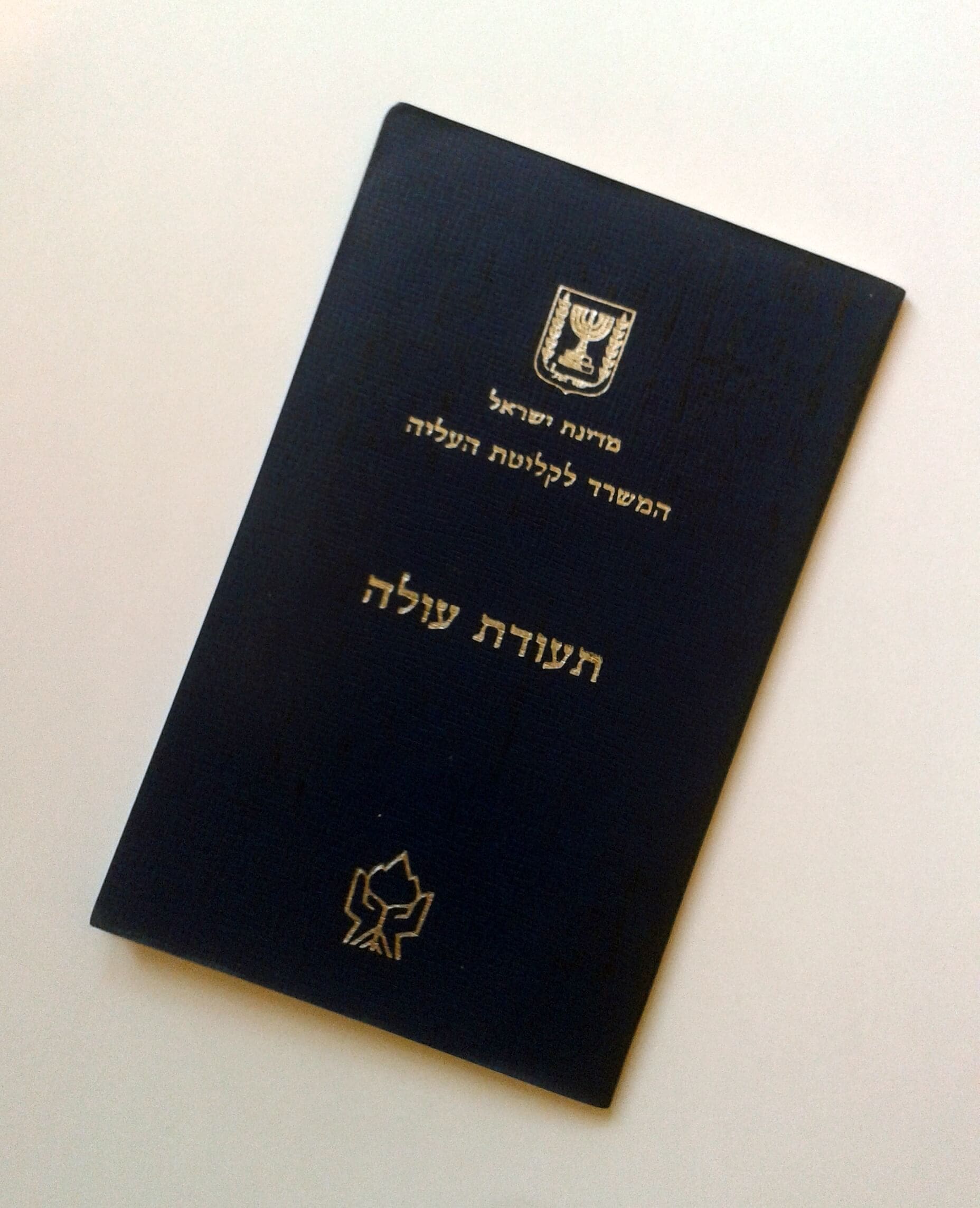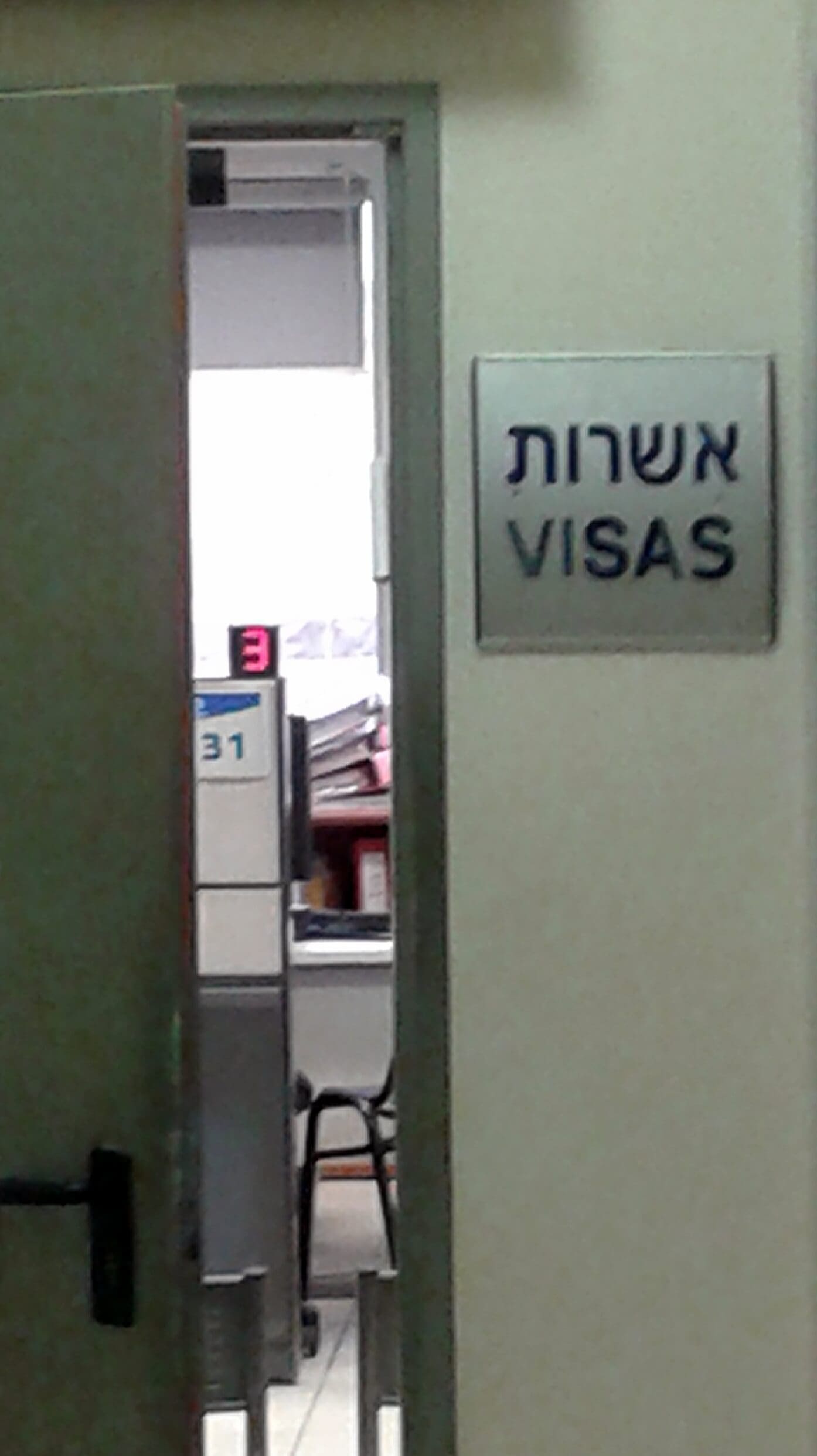Types of Israeli Visas
What Are the Different Israel Visa Categories?
What are the different types of Israel visa? Are you looking to visit, work, study, volunteer, or move to Israel? In this article Advocate Joshua Pex, an immigration lawyer in Israel, will give a brief outline of the local legal framework that governs Israeli visa law.
Aliyah according to the Law of Return

The whole issue of immigration to Israel and Israeli visa laws must be viewed in light of the fact that Israel is defined as the homeland of the Jewish nation. The Israeli Supreme Court has famously ruled that once inside Israel, all citizens have equal rights. However, regarding the issue of immigration to Israel, the Law of Return declares that the right to move to Israel and receive citizenship is reserved for any Jew, child of a Jew, grandchild of a Jew, and those who have converted to Judaism. The metaphor the Israeli Chief Justice Barak used was: Once in the house, all residents are equal. But the right to receive the key to the house and enter inside is primarily reserved for the Jewish people.
Immigration to Israel under the Law of Return is called aliyah to Israel, which literally means “going up” in Hebrew. Once an applicant for aliyah to Israel can establish they are Jewish, the Ministry of Interior will grant Israeli citizenship as well as benefits due to a new immigrant (oleh) in Israel. A person who doesn’t want to make aliyah immediately and receive Israeli citizenship is given the option to receive a temporary Israeli visa for up to three years in order to have time to decide if he or she wants to immigrate to Israel permanently.
Israel Visa Options for a Non-Jewish Person

If you are not eligible for aliyah to Israel according to the Law of Return, you will find the immigration laws to Israel give limited options for long-term stay in Israel. The state of Israel, as many countries, guards its borders and regulates the time period foreign guests are allowed to reside in Israel. Israeli visa laws are strict towards those who overstay their visa, and illegal residence in Israel may end up in deportation from Israel and future refusal to permit entrance to Israel.
A tourist visa to Israel is usually issued for three months. This B/2 tourist visa to Israel doesn’t allow work in Israel. For a work visa in Israel, one needs to find a local employer who will file an application for the B/1 work visa in Israel according to the Ministry of Interior procedures. Israeli visa laws make it challenging for foreign workers to come to Israel. The application process for a work visa is not easy. Those who want to come to Israel for volunteer purposes will receive an Israeli visa for the period of their volunteer work, usually not more than two years. Students from other countries who wish to enroll in a college or university in Israel or any Israeli academic institutions are also required to apply for the Israeli visa application through the local institution of education. Clergy workers as well as workers of humanitarian organizations may also apply for Israeli visas through the organization they are working with.
Israeli Immigration Office
Issues of immigration to Israel are regulated by the Israeli Ministry of Interior (in Hebrew Misrad HaPanim) which is responsible for the Israeli immigration office. All applications for visas to Israel are approved or denied by the Israeli immigration office clerks.
Our law office practice immigration to Israel law and have assisted clients in receiving different types of Israeli visas. If you have any questions, please contact us.
מאמרים מומלצים



